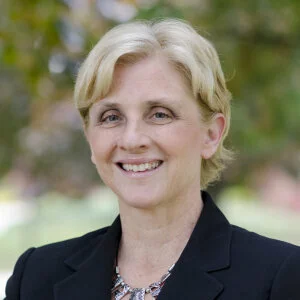Someone once said, “The seeds of change are planted in the questions that we ask.” If the statement is true, then we need to pay close attention to the questions themselves since they may give us a window into the world of people that we care about.
Where do I belong? What is my purpose in life? Where is God when I am in pain? How do I know who can I trust in my relationships? How do I know if I should marry the person I am dating? What should be my vocational choice? Why are my parents disappointed with my current vocational choice? I have heard these honest questions from young adults, individuals in a season of life known by some as Emerging Adulthood.
In your local context, what questions are EAs asking? What windows of insight are opened up through their questions? What are the challenges they face? What are the unique opportunities that they hold?
Challenges and Opportunities
The turbulence and transition of the EA season can be tough. Many major life decisions are made during this season of 18 to 29 years of age. How are we intentionally interacting with EAs? In what ways are we present in their lives? Are we available when they need someone to talk through a challenging problem or when facing a big decision? And when we are, how capable are we in understanding? Prepared for responding well? And, on the other hand, how frequently do we ask ourselves, “What can I learn from the EAs in my life?”
Meanwhile, there are many good and caring people, from parents and youth works, to campus ministers and pastors who have wrestled with these same questions in their effort to love well. In listening to these people, I delight in the stories they share about what God is doing in and through this next generation of adults. These people, while not Emerging Adults themselves, are usually very good listeners and know how to ask thought provoking questions. Many of them are full of patience and wisdom, ready to authentically share their lives with EAs. I learn a lot by listening to these veteran ministers of care.
Inspiring a Conversation
One day I was pondering the thought,
“If mutually sharing what we have learned in walking alongside of EAs brings encouragement and refreshment, then, what would happen if we brought a large group of people together who love EAs? What could happen in such an environment?”
It was this line of thinking that led us to convene a conversation that will begin next week on TIU’s campus. We are bringing together pastors, scholars, graduate students, and other stakeholders in the EA conversation to participate in The Emerging Adulthood Consortium (April 10-11, 2015). This event will help us to focus our understanding of the challenges that emerging adults face and to discuss how we might intentionally engage these young people who increasingly seem disconnected from the church.
We hope that this will only be the beginning. Building on the conversations and questions begun at the consortium and widening their reach—both in terms of who will be included and the range of issues that will be addressed—we are eager to continue the conversation over the course of the next year through various focus groups and through a sustained, public conversation on the Henry Center’s newly launched digital periodical, Sapientia. We hope this digital conversation will encourage thoughtful, open, and honest interaction among scholars, clergy, and other practitioners who minister to and with emerging adults.
Along with numerous guest authors, and discussion thread contributors, six featured authors will contribute to the Emerging Adulthood conversation over the course of the year. All of these featured contributors share a desire to see Emerging Adults flourish to the glory of God. The featured contributors are:
- Richard R. Dunn (Fellowship Evangelical Free Church Lead Pastor)
- Jana Sundene (Trinity College Professor),
- David Setran (Wheaton College Professor),
- Chris Kiesling (Asbury Theological Seminary Professor),
- Deborah Colwill (TEDS Professor), and
- Donald Guthrie (TEDS Professor)
We hope to see you at the EA Consortium this week. Can’t make it, but care about Emerging Adults and want to be engaged in the conversation? Well, then, we hope that you’ll follow us through the course of the year on Sapientia. More than follow us, we hope that you’ll add your voice to the conversation. In particular, bring your questions since the seeds of change might be planted within them.







Comments
Be the first one to make a comment!